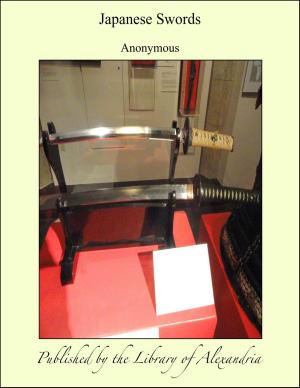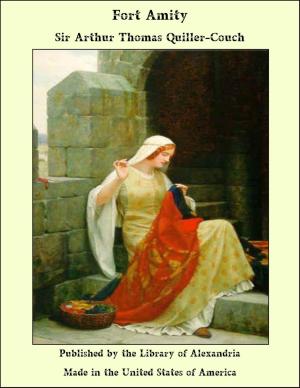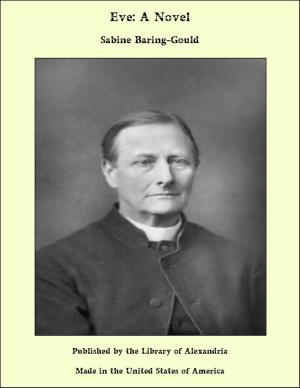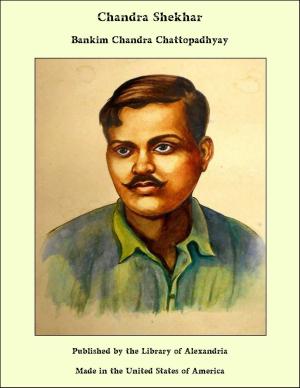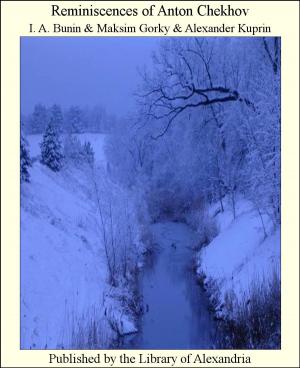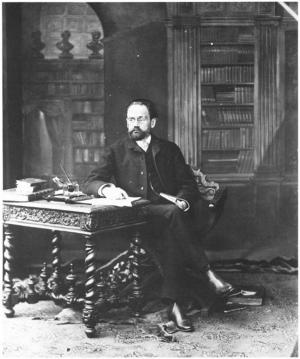Soldiers' Stories of the War
Nonfiction, Religion & Spirituality, New Age, History, Fiction & Literature| Author: | Anonymous | ISBN: | 9781465616654 |
| Publisher: | Library of Alexandria | Publication: | March 8, 2015 |
| Imprint: | Language: | English |
| Author: | Anonymous |
| ISBN: | 9781465616654 |
| Publisher: | Library of Alexandria |
| Publication: | March 8, 2015 |
| Imprint: | |
| Language: | English |
To be rushed from the routine of a soldier’s life at home in time of peace into the thick of a fearful fight on the Continent is a strange and wonderful experience; yet it happened to me, and it was only one of many amazing experiences I went through between leaving Southampton in a transport and coming to a London hospital. We landed at Boulogne, and went a long journey by train. At the end of it we found ourselves, on Saturday, August 22nd, billeted in a gentleman’s big house and we looked forward to a comfortable night, little dreaming that so soon after leaving England we should be in the thick of a tremendous fight. It was strange to be in a foreign country, but there was no time to dwell on that, and the British soldier soon makes himself at home, wherever he is. Those of us who were not on duty went to sleep; but we had not been resting very long when we were called to arms. That was about half-past three o’clock on the Sunday morning, August 23rd. There was no bugle sound, no fuss, no noise; we were just quietly roused up by the pickets, and as quietly we marched out of the château and went along a big, sunken road—the main road to Paris, I think. We started at once to make trenches alongside the road, using the entrenching-tool which every soldier carries; and we went on steadily with that work for several hours on that August Sunday morning—a perfect Sabbath, with a wonderful air of peace about it. The country looked beautiful and prosperous—how soon it was to be turned into a blazing, ruined landscape, with thousands of dead and wounded men lying on it! It would be about nine o’clock when we heard heavy firing in a wood near us—there is plenty of wooded country about Mons—and we were told that the engineers were blowing up obstacles; so we went on entrenching, for although we knew that the Germans were not far away, we had no idea they were as close as they soon proved to be.
To be rushed from the routine of a soldier’s life at home in time of peace into the thick of a fearful fight on the Continent is a strange and wonderful experience; yet it happened to me, and it was only one of many amazing experiences I went through between leaving Southampton in a transport and coming to a London hospital. We landed at Boulogne, and went a long journey by train. At the end of it we found ourselves, on Saturday, August 22nd, billeted in a gentleman’s big house and we looked forward to a comfortable night, little dreaming that so soon after leaving England we should be in the thick of a tremendous fight. It was strange to be in a foreign country, but there was no time to dwell on that, and the British soldier soon makes himself at home, wherever he is. Those of us who were not on duty went to sleep; but we had not been resting very long when we were called to arms. That was about half-past three o’clock on the Sunday morning, August 23rd. There was no bugle sound, no fuss, no noise; we were just quietly roused up by the pickets, and as quietly we marched out of the château and went along a big, sunken road—the main road to Paris, I think. We started at once to make trenches alongside the road, using the entrenching-tool which every soldier carries; and we went on steadily with that work for several hours on that August Sunday morning—a perfect Sabbath, with a wonderful air of peace about it. The country looked beautiful and prosperous—how soon it was to be turned into a blazing, ruined landscape, with thousands of dead and wounded men lying on it! It would be about nine o’clock when we heard heavy firing in a wood near us—there is plenty of wooded country about Mons—and we were told that the engineers were blowing up obstacles; so we went on entrenching, for although we knew that the Germans were not far away, we had no idea they were as close as they soon proved to be.



